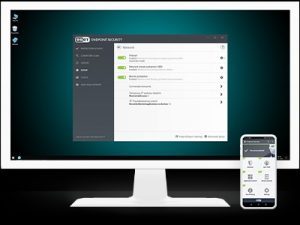
When it comes to managing a short-term rental property, it’s essential to understand the legal aspects involved. From zoning laws and permit requirements to safety regulations and liability issues, there are a number of legal considerations that short term rental property management companies must take into account in order to operate their businesses legally and minimize risk.
Licensing requirements:
One of the primary legal considerations for short-term rentals is licensing. Many local governments require hosts to obtain specific licenses or permits to operate legally. These requirements vary widely, from city to city and even neighborhood to neighborhood. Some areas impose strict zoning regulations that dictate where short-term rentals are permitted. It’s essential for hosts to research and comply with these regulations to avoid fines or legal action.
Tax obligations:
Taxation is another vital aspect of short-term rentals. Hosts typically need to collect and remit various taxes, such as sales tax, occupancy tax, and possibly income tax on rental earnings. These requirements differ by location and can be complex. Hosts should keep meticulous records of rental income and expenses to ensure compliance with tax laws and to increase deductions.
Insurance coverage:
Insurance coverage is vital for short-term rental properties. Standard homeowner’s insurance policies often do not cover commercial activities like renting out a property. Hosts may need to purchase specialized insurance that provides liability coverage for guests and protection against property damage. Some platforms offer limited insurance coverage, but it’s essential to review policies carefully and consider consulting an insurance agent to ensure adequate coverage.
Local regulations and homeowner associations:
Local regulations governing short-term rentals can be strict and may include noise restrictions, guest limits, parking regulations, and more. Homeowner associations (HOAs) may also have their own rules regarding short-term rentals within their communities. Hosts should review HOA bylaws and communicate openly with neighbors to minimize conflicts.
Guest safety and accessibility:
Ensuring guest safety and accessibility compliance is vital for hosts. Properties must meet basic safety standards, such as working smoke detectors, secure locks, and clear emergency exit routes. Accessibility laws may require accommodations for guests with disabilities, such as wheelchair ramps or accessible bathrooms. Hosts should familiarize themselves with these requirements to provide a safe and welcoming environment for all guests.







